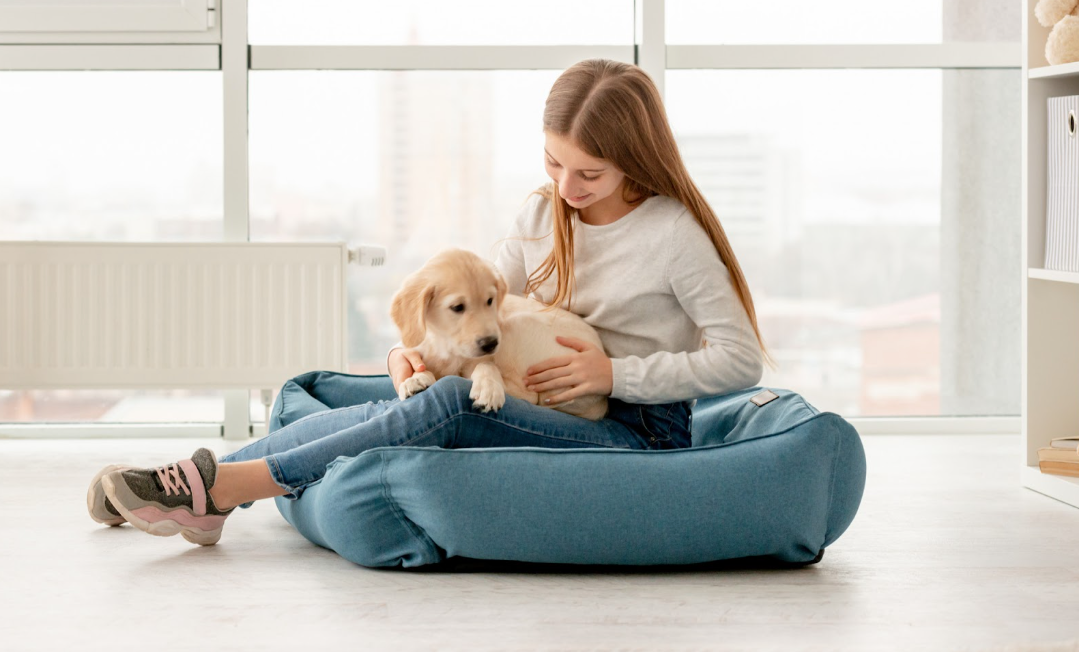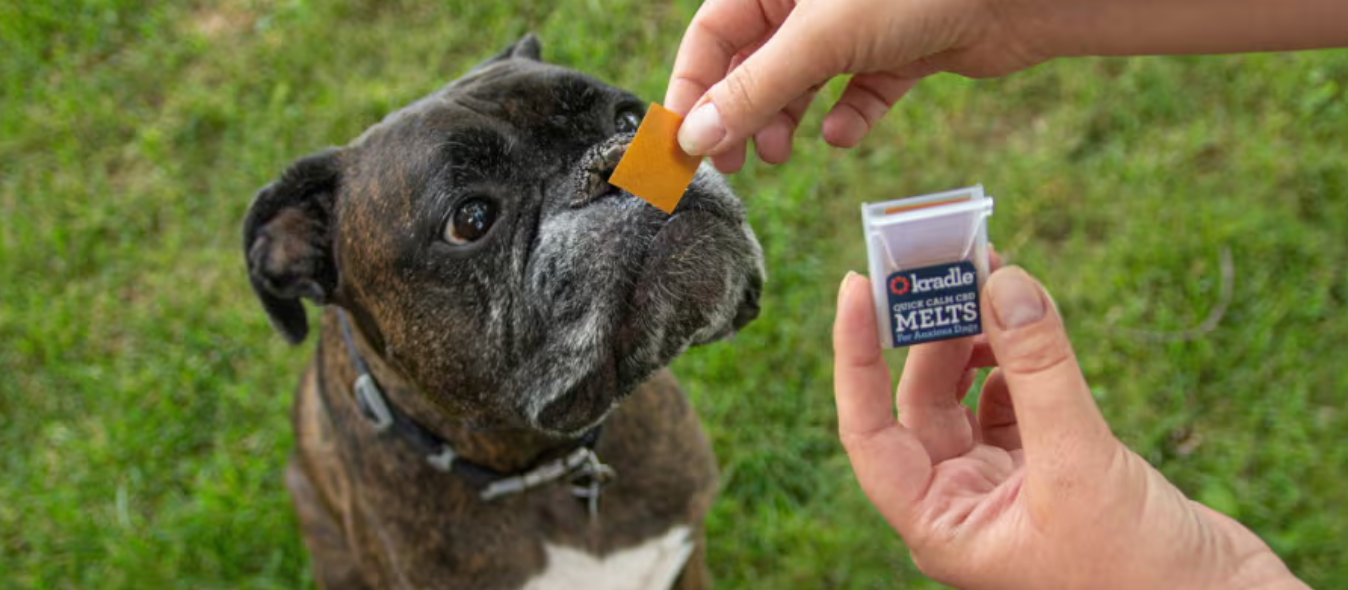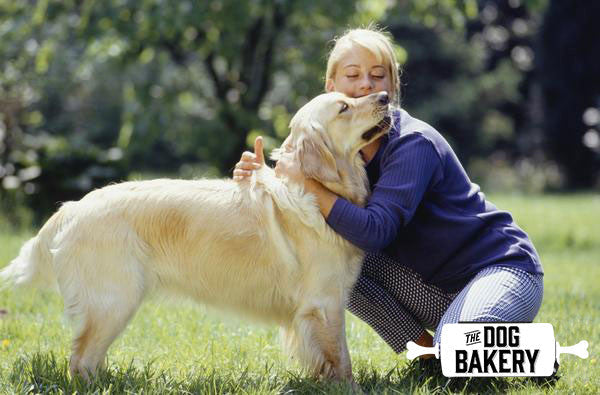
April is Pet First Aid Awareness month and while we understand it can be exhausting learning or hearing about a new awareness month/day or week (unless it’s like national pizza or cupcake awareness day), this is an important one for pet owners to pay attention to. Of course, odds are in your favor that you won’t ever need a first aid kit and that your pup will go through their life without any major disasters. But as you well know, it never hurts to be prepared, because the reality is your dog could choke on a toy, get hit by a car, suffer a near drowning accident, or ingest one of the countless pet toxins found in the average home—from grapes to azaleas to acetaminophen to anything sweetened with xylitol. We definitely don’t want to scare anyone, but animals are surrounded by hazards, and these hazards sometimes lead to serious accidents. Being just a little prepared - both with information and with a tangible first aid kit - can help tremendously in the rare case that something does happen. To help out, we created a list of essentials to put in a first aid kit for your dog.
“What you do (or don’t do) in the first moments following an accident can often be the difference between life and death,” says Melanie Monteiro, a pet first aid instructor, dog safety consultant, and author of The Safe Dog Handbook: A Complete Guide to Protecting Your Pooch, Indoors and Out. “One such example is with choking. If your pet’s airway is completely obstructed by an object, there will be no time to go to the veterinarian for help—you need to take immediate action.” You can watch some of her amazing video instructions here. She also recommends signing up for a training course in your area. Check with your local Red Cross, humane organizations, or private companies such as PetTech. Lastly, buy a guide on pet first aid emergencies (most training courses include a guide). Her favorites are the Red Cross’ Dog First Aid and Cat First Aid and Pets America’s Pet First Aid & Disaster Response Guide.
A simple yet important place to start is by programming useful contacts into your mobile phone, to ensure that emergency numbers are at your fingertips and you don’t waste valuable time searching for them when needed. Program the phone numbers and addresses of your veterinarian and a 24-hour emergency animal hospital into your phone. If possible, save the addresses in your car’s GPS. You also always want to watch out for commonly found items that can be poisonous to canine companions. Human medications topped the list of pet toxins in 2010 as accidentally dropped or misplaced pills can seem like treats to our furry friends. Household toxins or cleaners, insecticides/rodenticides, and plants are also common toxins for dogs. Being aware of these toxins and exercising prevention can help keep your animals safe. The ASPCA Poison Control Center 24-hour hotline (1-888-426-4435) is another valuable resource to have in your address book.
Now for the first aid kit essentials! The first thing to do in the event of an accident or injury is to consult a veterinarian. Many of the items found in a first aid kit should only be administered under the vet’s guidance, but having them readily available allows for quicker treatment and can minimize pain or discomfort that your animal may be experiencing. Since you never know when an accident will happen, keeping a pet emergency kit at your home is a good idea. A smaller kit could be used in the car. You can put a first aid kit together yourself and buy the items separately, or buy one ready-made (just one example, there are tons of varieties in all shapes and sizes available for purchase online and at local pet supply stores). If you make one yourself, use a small plastic tub with a tight fitting lid and keep one at home and make one to have in the car for when you’re on the go.
Here are some essential items:
- Paperwork for your pet (in a waterproof container or bag): proof of rabies-vaccination status, copies of other important medical records and a current photo of your pet (in case he gets lost)
- A pet carrier
- Muzzle or strip of fabric to prevent biting (in cases of severe pain during treatment but only when there is no injury to the throat or neck, vomiting, or difficulty breathing)
- Leash
- Blanket (foil emergency blanket)
- Pediatric digital rectal thermometer plus water-based lubricant
- Oral syringe
- Tweezers
- Saline eye wash
- Ear cleaning solution
- Expired credit card or sample credit card (from direct-mail credit-card offers) to scrape away insect stingers
- Glucose paste or corn syrup (for diabetic dogs or those with low blood sugar)
- Nail clippers
- Non-prescription antibiotic ointment
- Penlight or flashlight
- Plastic eyedropper or syringe
- Rubbing alcohol (isopropyl) to clean the thermometer
- Splints and tongue depressors
- Styptic powder or pencil (sold at veterinary hospitals, pet-supply stores, and your local pharmacy)
- Temporary identification tag (to put your local contact information on your pet's collar when you travel)
- Towels
- Needle-nosed pliers
- Epsom salts
- Rubber gloves
- Mild soap
- Cut- and wound-care items, such as: hand sanitizer, antiseptic (povidone-iodine) solution such as Betadine, elastic or ace bandage (best case: self-cling bandage - bandage that stretches and sticks to itself but not to fur - which is available at pet stores and from pet-supply catalogs), stretchable gauze, gauze pads, non-stick bandages, non-scented sanitary pads (for heavily bleeding wounds), first aid adhesive tape, blunt scissors
- Hydrogen peroxide #3% USP (to induce vomiting)
- Toxiban or other vet-approved activated charcoal (for use in certain poisoning emergencies)
- Diphenhydramine antihistamine, or Benadryl (to counter allergic reactions)
Of course, each list of recommendations has their unique take on what all is needed in a kit. We think this more than covers the essentials, but you can find many more suggestions from the sites below. It’s always a good idea to check with your vet to see if they think you’re missing anything from whatever list you decide to go with, and to think about your own pet’s specific needs that might come up in an emergency scenario.
The Red Cross, AVMA checklist, Modern Dog, Cesar’s Way and Pet Education
Want to know more quick tips? Our founder Rocky Kanaka has simple tips that you can follow today!
We hope you find this guide helpful and that it encourages you to learn about pet safety and ways to prevent accidents and prepare for the unexpected. In the comments below, please share any of your own tips to keep in mind for Pet First Aid Awareness!






